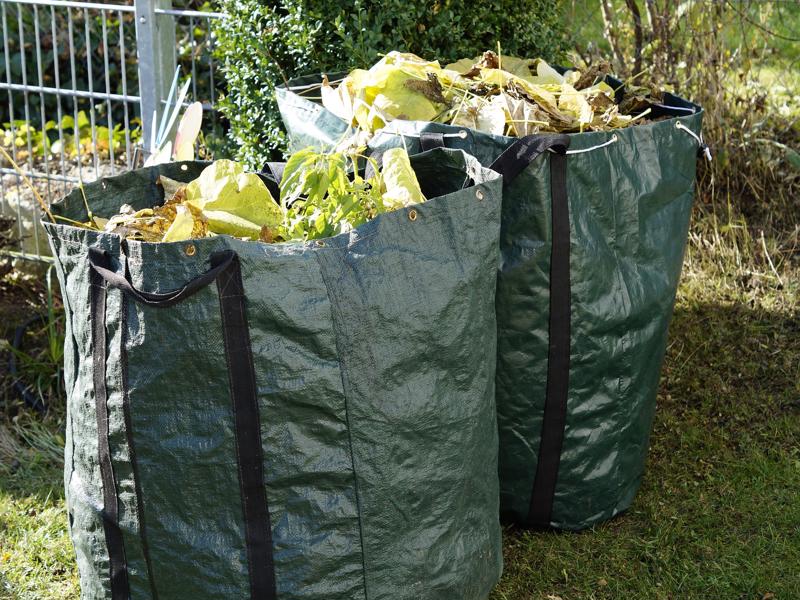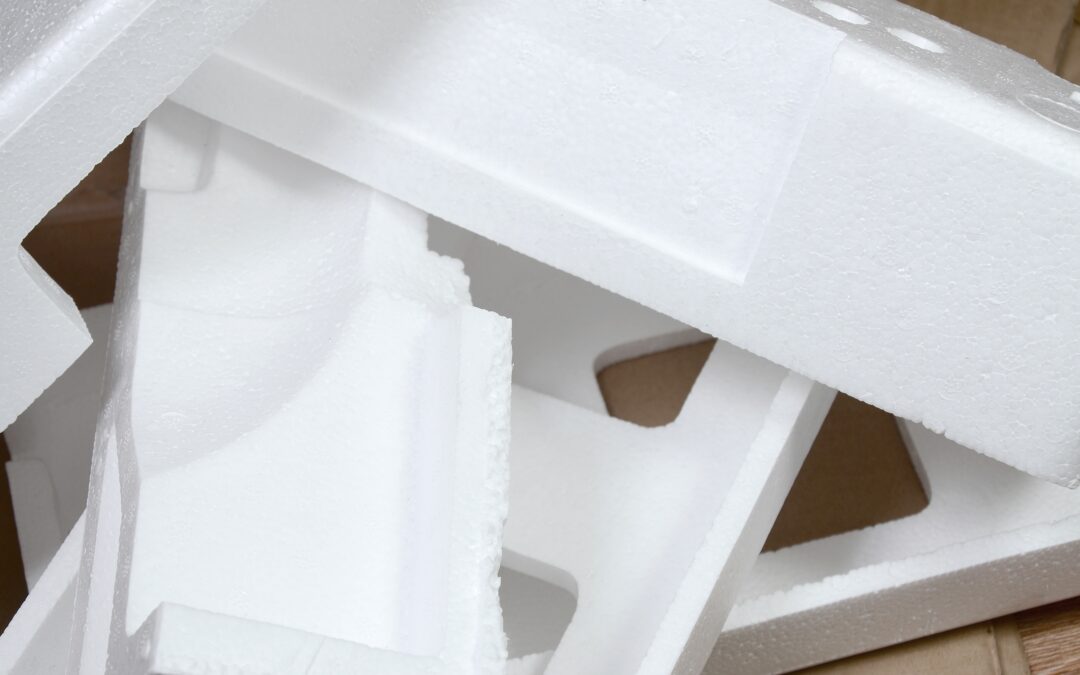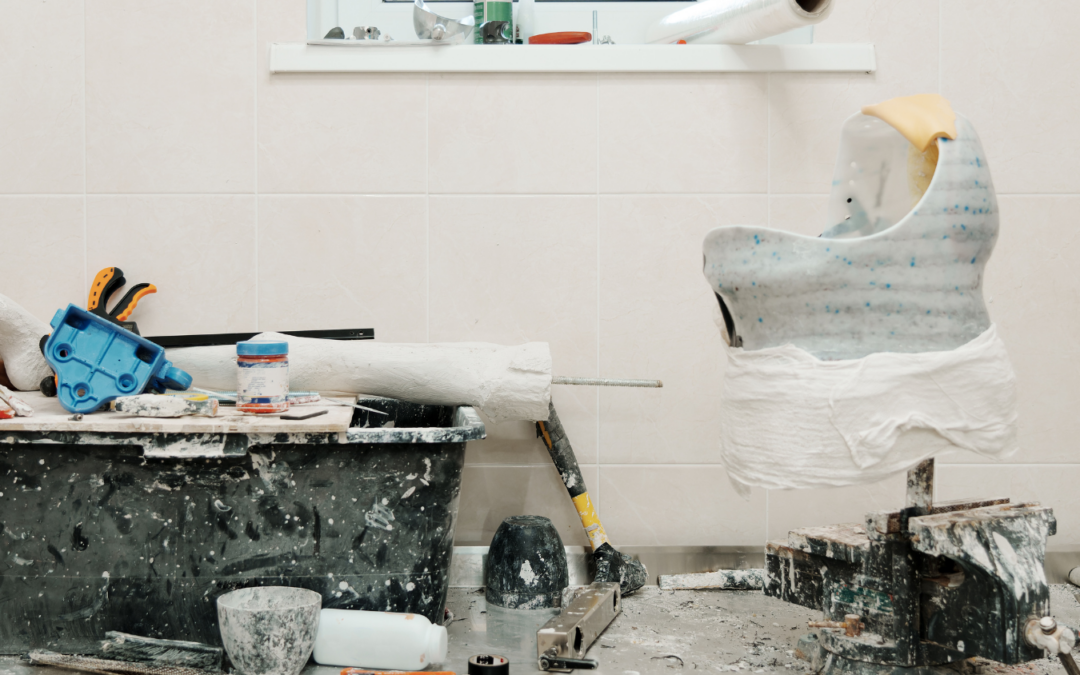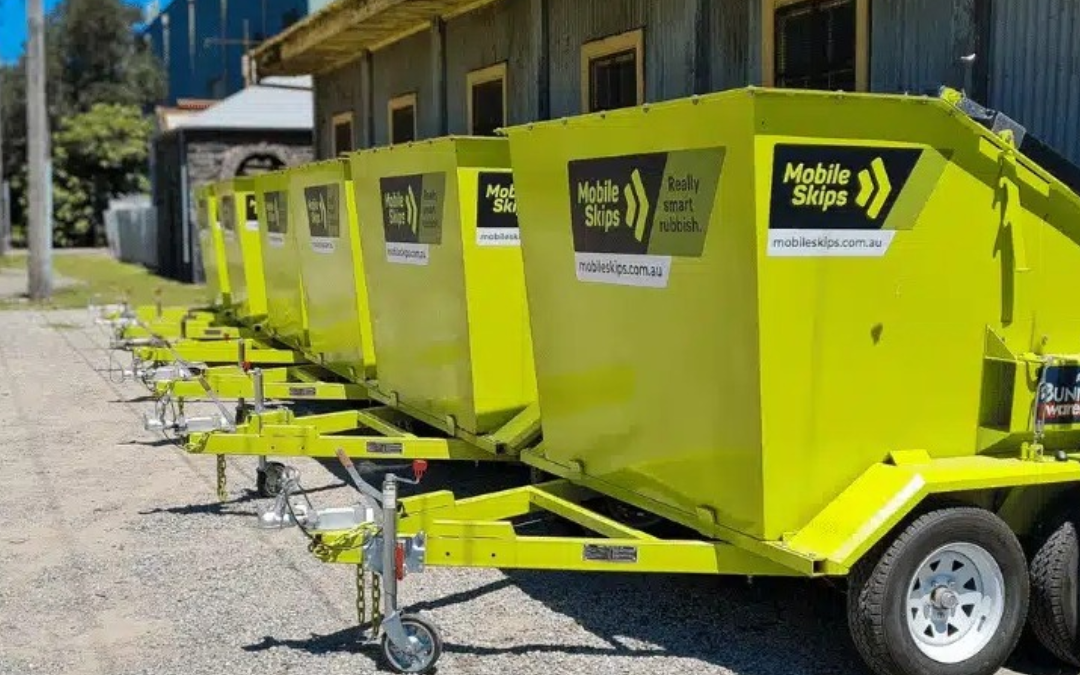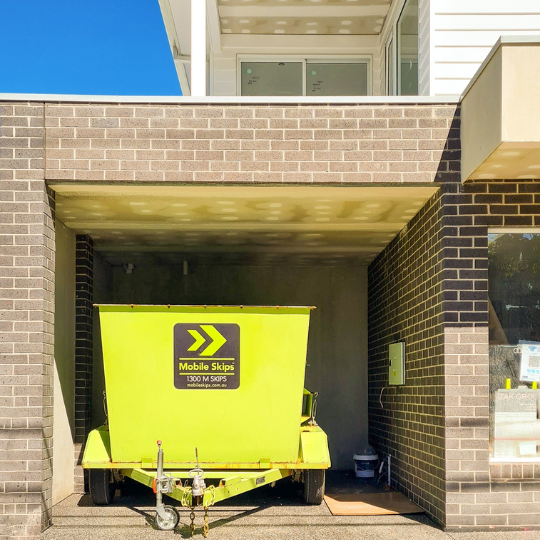Rubbish, much like science, has started to get complicated. This isn’t to say disposing of your trash will require a degree, but it does require more awareness these days. The complicated segregation of rubbish does more than just confuse you; it’s a step towards saving the world!
Table of Contents
Segregating the rubbish requires you to be smart, aware, and responsible. Responsibility starts with learning more about your garbage, particularly the kind of waste you’re producing. Now, it may seem straightforward, but garbage is about more than just separating plastic from metal.
What are we talking about? Well, we’re talking about green waste!
What is green waste?
We’ve all heard of plastic waste, but green waste seems to be less common. To put it simply, it is waste like grass clippings, twigs, potting soil, trees that have been cut down, and depending on where you live, weeds! Seem more familiar now?
Green waste is usually any biodegradable waste. It is waste that can gradually decompose and is made up of organic materials. When disposed of correctly, bacteria feed on the material and give it new life.
Surprisingly enough, green waste makes up a significant portion of the total waste produced a year. Of the 400kgs each household in Australia produces a year, 180kgs in green waste! This stunningly large number is the reason it is so important to be more aware.
Green waste is more useful than any of us realise. It isn’t like a plastic waste that simply stays waste. When dealt with properly, green waste can be converted to fertilizer and be used for energy production and crops!
What happens to the green waste?
Once you bin your green waste and head back home, what happens to your waste? Well, it heads over to a custom green waste processing facility! Yes, there’s a full facility just to properly deal with green waste.
At the facility, all the green waste is sorted. The sorting process is usually done by hand to remove the things that don’t belong. There’s a full list of things that don’t belong in the green waste bin that we’ve added below.
Once they’ve got it all sorted out, it is put to the grind. Quite literally in this case as there is a massive grinder. Once it has been through the wringer, the waste is laid out in rows that are called windrows. The windrows are then covered with thermal material. The thermal material prevents the smell from getting too bad and the waste from burning up.
The waste is heated for a couple of days to kill any pathogens, weed seeds, or pests that remain in the green waste. Once heated up, it goes through another cleanup; this time, it involves a magnet! The large magnet pulls out metals that may be present in the waste.
Once this whole process is over and repeated for the bigger pieces, you end up with compost! This compost is what the whole recycling process set out to achieve. It is later sold to improve soil and as a soil blend for landscapers, nurseries, and councils!
How’s that for recycling?
So, how is it supposed to be disposed of?
Disposing of garbage has become a science. We’re going to prove it to you right now. Green waste needs to be separated from any other rubbish before being recycled. The recycling can happen either at home or at a facility. We’ve already gone through what your council will do with waste at a facility, but what can you do at home?
So, how is it supposed to be disposed of?
Here’s where the science really comes in. Green waste can be surprisingly harmful to the environment if not disposed of in the correct manner. For something that comes from the environment, it sure can do a lot of damage!
So, how can improper disposal of green waste affect the environment? Well, in the following ways!
Gases
Remember learning about decomposition in school? Well, if you’ve forgotten, here’s a quick rundown. When biodegradable waste decomposes in the proper manner, it turns into compost, without the harmful gases involved. When stuffed into a landfill to rot away, the green waste decomposes and emits gases like methane into the air.
The gases in the air because of improper recycling can badly affect the environment and humans! Not only that, it can start a fire too! Nobody needs any more of those!
Fires
Methane gases released by improper recycling of green waste can lead to fires. Apart from the gases, dried green waste can become the perfect kindle. Since green waste is materials you’d normally use for a fire, it’s not a stretch to assume they can catch on fire!
Clogging
If you’re going around throwing green waste where it’s not supposed to go, you can say goodbye to an effective water drainage system. The same a kitchen sink can get clogged, the green waste can clog up the drainage systems. This blocks waterways and can cause major problems.
Legal
Australia is going after irresponsible individuals and companies. If there is any evidence of improper disposal of green waste, you can end up paying hundreds, if not thousands, of dollars. It’s just easier to segregate and use a Mobile Skip to deal with all the green waste, no?
Aesthetic
Let’s not forget about aesthetic appeal. Would you like to wake up to a view of dead leaves, branches, and other debris heaped up? Nobody else does either. Not to mention, when debris builds up in an area, it only attracts more. Recycling is the trendiest aesthetic!
Why is it important to recycle properly?
So, we’ve established that green waste can be harmful, that it is important to recycle because of the impact on or environment. But what else? Apart from the negative effects on our environment, recycling the green waste in the right and efficient manner helps out in ways like:
Reducing Costs
If you’re recycling and effectively using green waste, you can reduce household costs by a significant amount. You can take a look at the NSW Food Smart Program to find out about this new method of saving a few dollars.
Reducing Pesticides
Green waste makes excellent compost. Compost is great for a number of things; one of them is acting as fertilizer! When composted, your green waste can reduce the need for chemicals. You can go fully organic and save a few bucks while you’re at it!
Composting doesn’t have to be done by some fancy government organisation. You can always start your own compost pit at home! You may check out our blog page to learn more about recycling, proper waste disposal and management.
What goes in the green waste bins?
So, after all this talk of green waste and why it’s so important, what we’ve not talked about is what goes into the bins. There are several different types of bins for different types of waste. This is meant to make segregation easier. Taking the time to sort your waste into the different dustbins can make a world of difference!
The green waste bins are meant only for green waste, so here’s what can go into them!
- Grass clippings
- Small twigs (No longer than 60cm and thicker than 15cm)
- Weeds (Generally okay but check with your council!)
- Leaves Flowers
- Prunings
This may seem very restrictive, but it makes a world of difference when it comes to recycling all this waste. For green waste that doesn’t fall into this category, you will need to make other arrangements. While larger branches, trees, and plants would count as green waste, there are other methods to dispose of them.
Now that we’ve talked about what can go in the bin, let’s look at what you cannot put in the bin.
- Plastic bags (don’t wrap your waste in plastic!
- Kitchen waste
- Soil
- Potting mix
- Rocks, stones, or gravel
- Timber (treated)
- Stumps of trees
- Branches (larger than 15cm in thickness and 60cm in length)
- Building material
- Flower pots
- Paper
- Household garbage
- Dead animals or corpses
A few of the items on this list surprise you, then imagine what the garbageman thought! It seems like preaching to put out lists, but awareness of this sort is necessary at the end of the day.
Bad waste segregation can lead to a lot of time and money lost. There’s also a serious environmental impact to deal with. No need to make the garbageman’s work any harder than it already is!
The great news is that Mobile Skips can take this type of Green Waste along with other permitted waste types. We separate all waste and then recycle, or dispose of it correctly See our waste type page for more info
How can you reduce green waste production?
Now that you’ve taken in the kind of damage green waste can do, maybe it’s time to think of ways to reduce the production. Just because the green waste is biodegradable doesn’t mean it’s worth creating that much waste. So, here are a few ideas for reducing green waste production!
Composting
Apart from being the ideal way to recycle green waste, it can actually be a great way to reduce production. When you compost at home, you’re recycling and reusing and not filling up landfills or facilities with twigs and lawn clippings. It’s also one less bin you have to deal with!
Grass Cycling
Cleaning up your lawn each time you cut your grass creates a lot of grass clippings. Grass cycling involves leaving the clippings behind so that they naturally decompose into the soil. Not only does this method save you the effort of cleaning up the yard, but it also helps the plants!
Cut Down The Lawn
Do you know what looks better than a neatly mowed lawn? A gorgeous patch of flowers or fruits growing in their place instead.
Before you start panicking, nobody’s saying, get rid of the lawn. But replacing a small portion of the lawn with plant beds, bushes, fences, or patios cuts down on green waste and lawn maintenance.
To Sum Up
It’s time we all took our rubbish seriously. Our planet hinges on us doing so. In the process of segregating our waste, we also need to be aware of why and how we’re doing it! With rubbish like green waste, it can be even more important to learn.
Green waste can be recycled, but it needs to be done properly. So, if you’re not ready to jump in and start a compost pit just yet, then hiring a skip bin from Mobile Skips can help. We’ll take the rubbish off your hands and dispose of it responsibly.
It’ll be the easiest way to do your part for the planet!
Jacob Spencer
Jacob Spencer is the owner and operator of Mobile Skips, a nationwide skip bin and skips hire business in Australia

